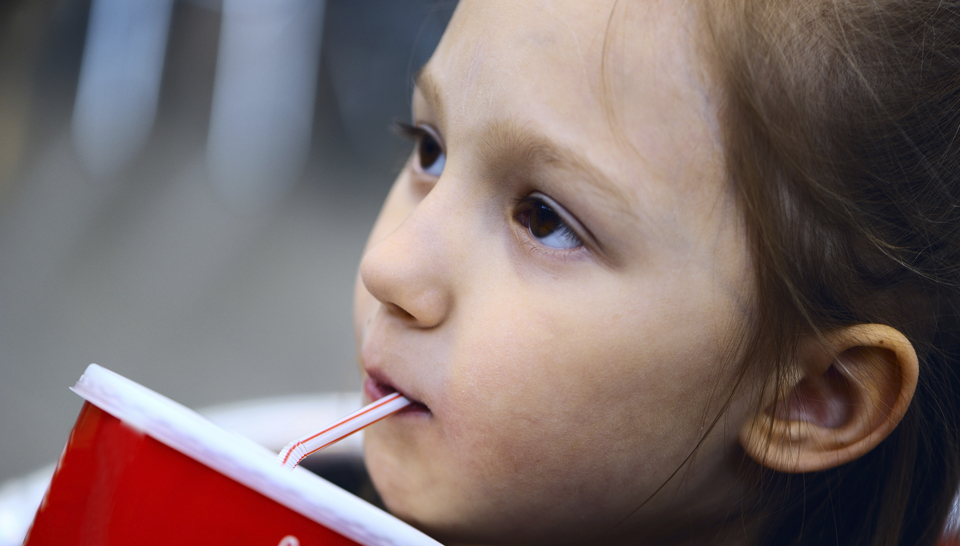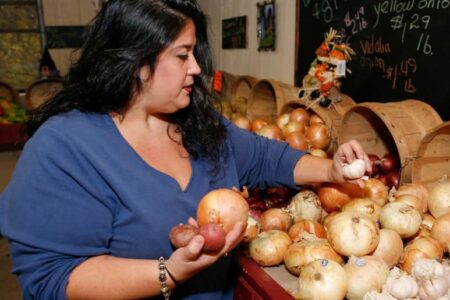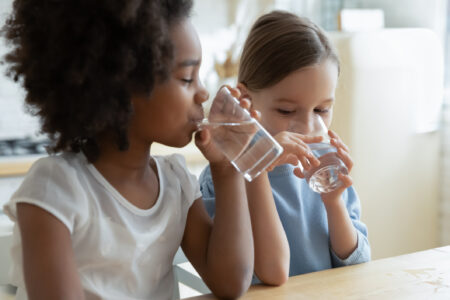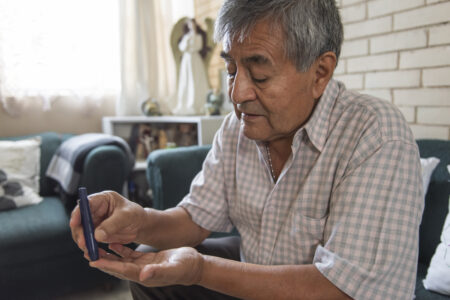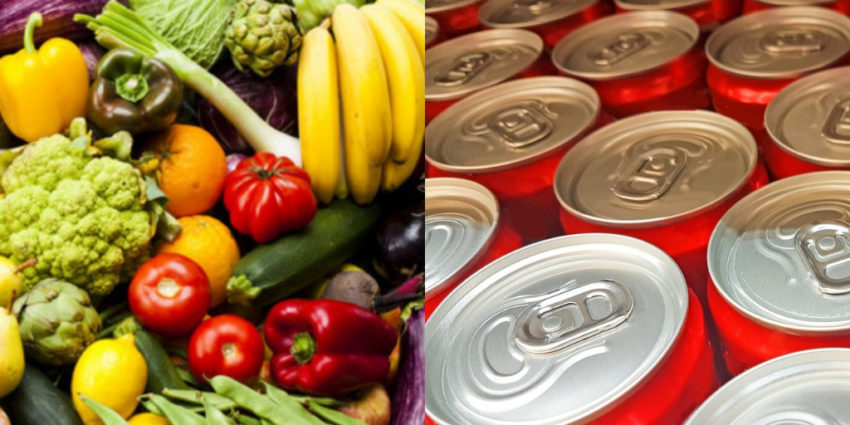
Share On Social!
Sugary drink taxes are bubbling up across the nation.
From Philadelphia to Berkeley, Calif., these sugary drink taxes are having an intended benefit—reducing consumption of bad-for-health sugary drinks and driving up water sales.
But where is the tax money going?
Let’s look at Washington, D.C. (11.3% Latino), which recently added a sugary drink tax and is already considering a stronger one, and whether the revenue is benefiting health.
New Sugary Drink Sales Tax in D.C.
D.C. leaders recently bumped up the local sales tax from 6% to 8% on drinks with natural or artificial sweeteners that contain less than 100% juice or at least 50% milk bought in stores.
City council member Mary Cheh pushed for the tax.
She moved to insert this tax in the city’s $15.5 billion 2020 budget, which took effect in October 2019.
After previously proposing a soda tax in 2010 that “failed to move forward after soda producers pushed aggressively to kill it,” according to dcist, this time Cheh faced little opposition because she proposed it as part of the city’s budget, not as a stand-alone bill that would require a public hearing.
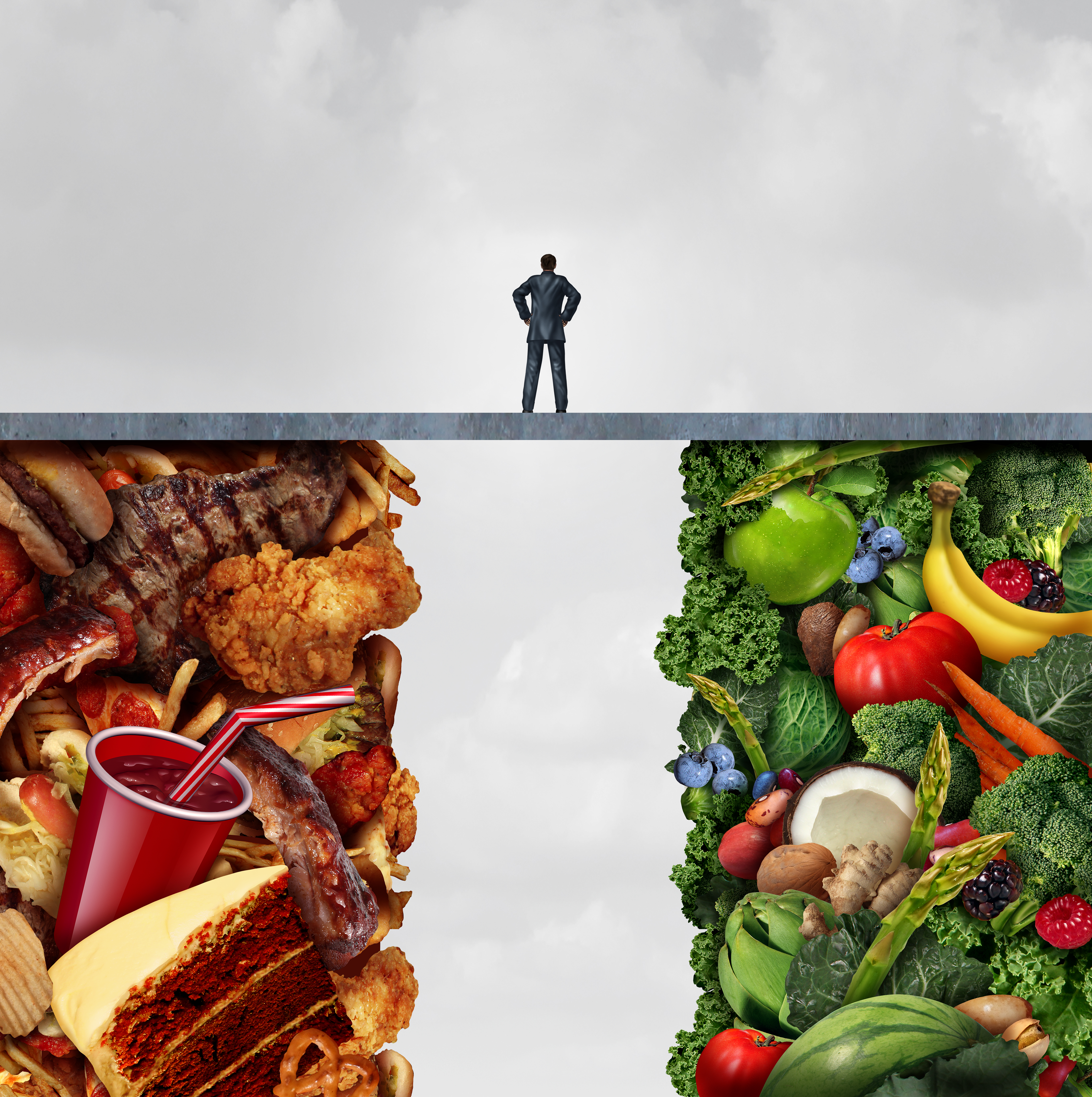 Where will D.C.’s tax revenue go?
Where will D.C.’s tax revenue go?
The money—estimated at $3 million per year—will help cover the cost of a new nutrition program.
This program allows certain residents with a doctor’s prescription to get a $20 voucher for fruits and vegetables at participating supermarkets. It also will expand the program that offers free breakfasts to low-income kids at schools and recreation centers.
D.C. May Approve a Stronger Sugary Drink Tax
D.C. city leaders now are weighing a new bill that, if passed, would replace the additional sales tax.
The new rules would implement a 1.5 cent-per-ounce excise tax on sugary drinks. This adds up to $1 extra dollar added onto the price of a two-liter bottle.
Now, what is the difference between excise tax and the additional sales tax?
Simply put, the excise tax is imposed on the distributors, who then impose higher prices on the consumers. This is what the consumer will see as they are making a decision as to which beverage to choose.
The sales tax would be added at the register when consumers are checking out, after they have already made the decision about their beverage.
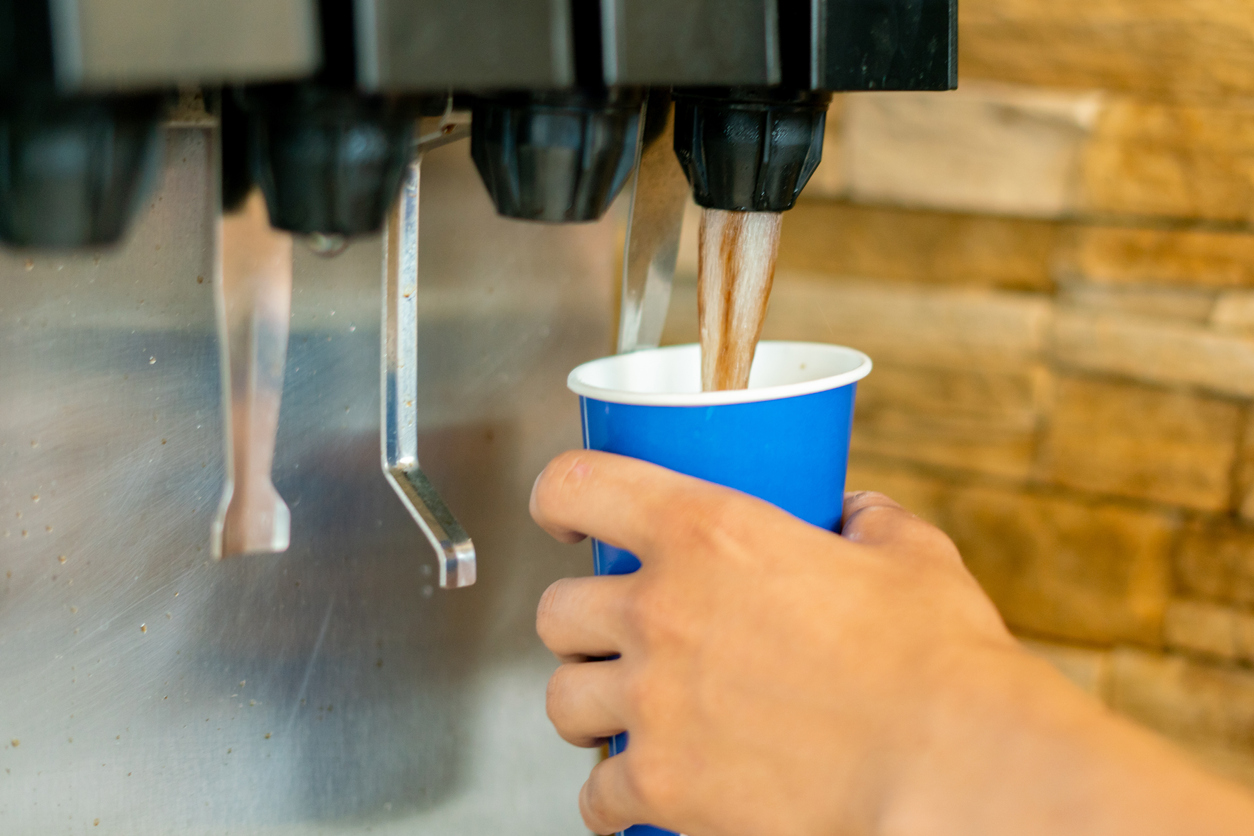 Kristine Madsen, a professor at the University of California at Berkely School of Public Health who has studied the soda tax, found that sugary drink consumption in Berkeley’s low-income neighborhoods declined in half since the first-in-the-nation excise tax took effect in 2015.
Kristine Madsen, a professor at the University of California at Berkely School of Public Health who has studied the soda tax, found that sugary drink consumption in Berkeley’s low-income neighborhoods declined in half since the first-in-the-nation excise tax took effect in 2015.
The tax applies to sugary drinks with any “natural common sweeteners.” This includes beverages such as Gatorade, sweetened iced coffee and orange juice with added sugar.
The bill would not affect diet soda and other drinks with artificial sweeteners, beverages with milk as the primary ingredient, alcohol, and all-natural juices, according to the Washington Post.
Debate Over Sugary Drinks in D.C.
The beverage industry is already ramping up efforts to try to thwart D.C.’s plans.
The American Beverage Association (ABA) has left door-hangers that echo its website that such taxes are regressive and don’t make people healthier.
Big soda giants, such as Coke, have spent millions to fight soda taxes.
On the other hand, increasing the price of sugary drinks is proven to reduce consumption, according to a Salud America! Research Review. And sugary drinks are still targeting children with ads for unhealthy drinks.
Debate or not, science is clear that sugary drinks are linked to early death from preventable illnesses such as obesity, diabetes, and even cancer.
“Our message is incredibly strong,” said Council member Brianne Nadeau (D-Ward 1), who wrote the bill, according to wamu.org. “We know the beverage industry is exacerbating health disparities in our communities. They’re targeting communities of color. These drinks are a real risk to kids. We have some very angry people from East of the River who are seeing children die due to poor health outcomes.”
How Is Sugary Drink Taxes Funding Health in Other Cities?
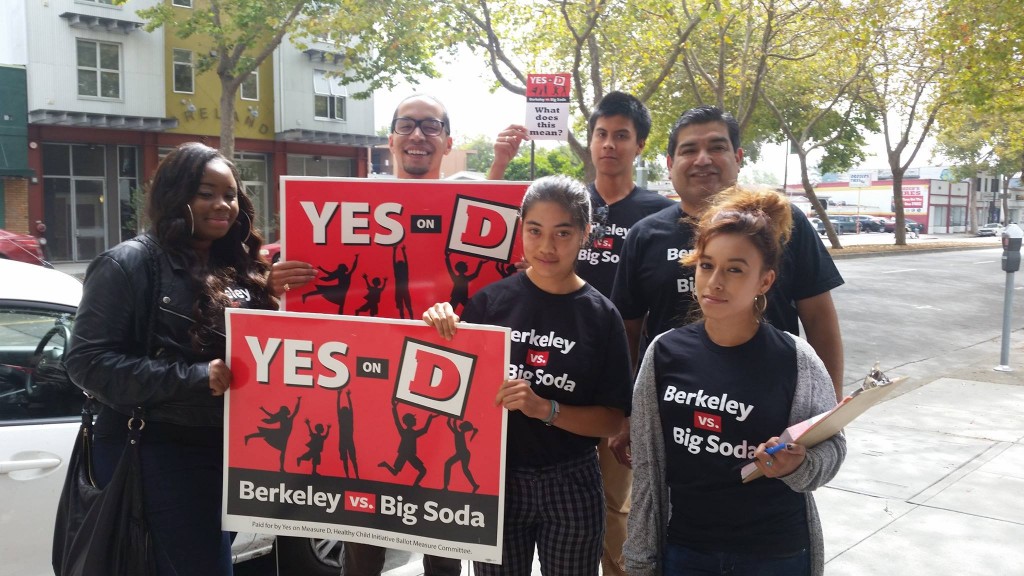
Washington, D.C., is not the only city putting the sugary drink tax revenue to healthy use.
- In Berkeley, they celebrated the five-year anniversary of their tax with a new video showcasing their community impact.
- San Francisco: Revenue from the 1 cent-per-ounce tax funds grants for preventive health services in low-income communities, and programs to improve school nutrition and oral health.
- Seattle, Wash.: Revenue from the 1.75 cent-per-ounce tax funds programs that help low-income people buy healthy food, and subsidies to schools and child care centers to increase servings of fruits and vegetables.
- Other cities that have passed such taxes, including Albany and Oakland, Calif., as well as Boulder, Colo. They are also funding public health prevention programs.
“This positive impact is magnified by the fact that the revenue from the tax is being invested in health and wellness across the city,” said Nancy Brown of AHA in a statement.
Moving Beyond Taxes
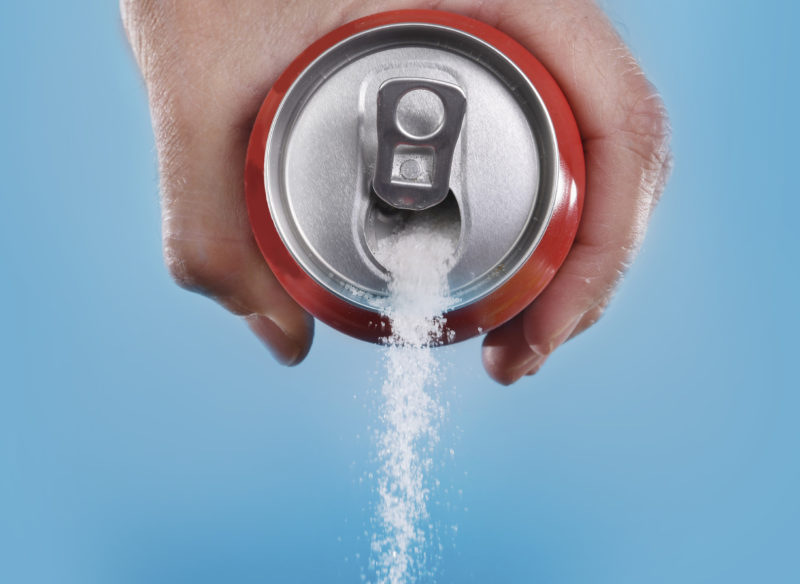 Sugary drink taxes are among five pediatrician-approved recommendations to limit sugary drinks:
Sugary drink taxes are among five pediatrician-approved recommendations to limit sugary drinks:
- Raise the price of sugary drinks.
- Reduce sugary drink marketing to children and teens.
- Remove sugary drinks from kid’s menus and emphasize healthy drink options. This is what Philadelphia now has done.
- Add accurate nutrition labels and information.
- Hospital should serve as models with policies to limit or discourage purchase of sugary drinks.
Salud America! also created an Action Pack to help school leaders push for Water Bottle Fountains in schools. This can boost access to water for Latino and all kids.
By The Numbers
74
percent
of Latino kids have had a sugary drink by age 2 (vs. 45% of white kids)

